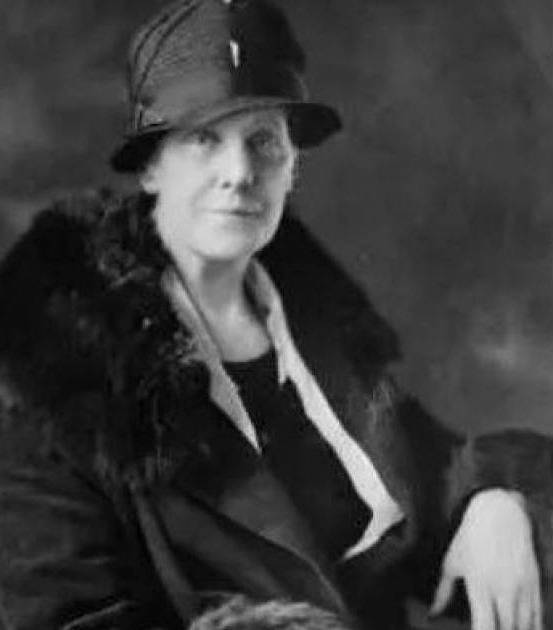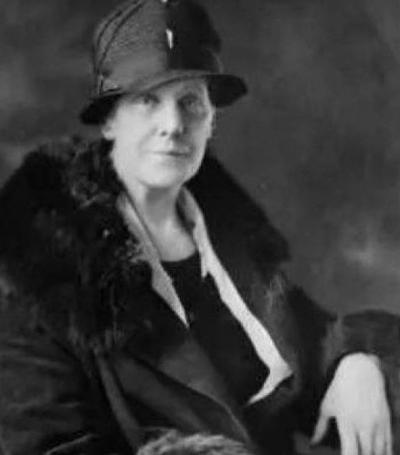Today, the world celebrates Mother's Day, commonly referred to in some countries as "Mother's Day," marked on March 21, coinciding with the beginning of the spring season. This celebration emerged in the early 20th century, observed in some countries to honor mothers and motherhood, highlighting their impact on society. It arose from the concerns of Western and European thinkers who noticed that children in their societies were neglecting their mothers and not providing them with adequate care. They wanted to establish a day each year to remind children of their mothers.
Over time, the observance of Mother's Day expanded, leading to celebrations on various days and in numerous cities around the world, most often in March. The date of Mother's Day varies from one country to another; for instance, in the Arab world, it falls on the first day of spring, March 21, while in Norway it is celebrated on February 2, in Argentina on October 3, and in South Africa on May 1. In the United States and Germany, it is celebrated on the second Sunday in May each year, and in Indonesia, it is on December 22.
The first celebration of Mother's Day took place in 1908 when Anna Jarvis held a memorial for her mother in America. Subsequently, she launched a campaign to have Mother's Day officially recognized in the United States. Anna Jarvis was an American activist born in 1864, whose mother often repeated the phrase: "At some time, in some place, someone will call for the idea of celebrating Mother's Day." This expressed her desire that if each family would honor their mothers and celebrate them, conflicts and hatred would cease. After her mother passed, Anna vowed to be that person who would fulfill her mother's wish and make it a reality.
Despite Anna Jarvis's success in 1914, she became frustrated in 1920, as it was alleged that she was promoting the idea for commercial purposes. Many cities adopted the Jarvis occasion, and it is now celebrated worldwide. In this tradition, individuals give gifts, cards, or memories to their mothers and grandmothers.
Most cities derived Mother's Day from festivals that originated in the United States. Other cities and cultures adopted it as well. Additionally, some countries previously had a day specifically to honor motherhood and later embraced aspects of American holidays, such as giving mothers carnations or gifts.
The first person to propose a Mother's Day in the Arab world was the late Egyptian journalist Ali Amin, co-founder of the Akhbar Al-Youm newspaper with his brother Mustafa Amin. Ali Amin, in his daily column "Idea," suggested: "Why don't we agree on a day of the year to call 'Mother's Day' and make it a national holiday in our country and the East?"
This was followed by a visit from a mother to the late Mustafa Amin, where she shared her story of being widowed with young children and dedicating her life to them. After they graduated from university and started their own lives, they left her completely. Mustafa and Ali Amin then wrote in their famous column "Idea," proposing a dedicated day for mothers as a way to show gratitude and remember their contributions. They received numerous letters supporting the idea, with some suggesting a week dedicated to mothers, while others felt every day should honor mothers, not just one. However, the majority of readers agreed on designating a single day, which was decided to be March 21, marking the beginning of spring as a symbol of blossoming, purity, and beautiful emotions.




